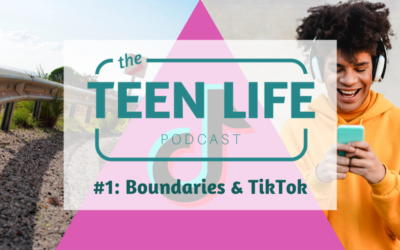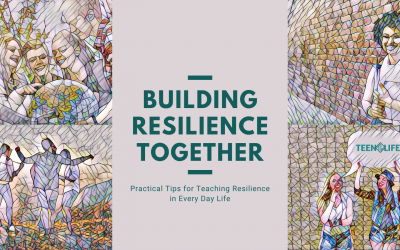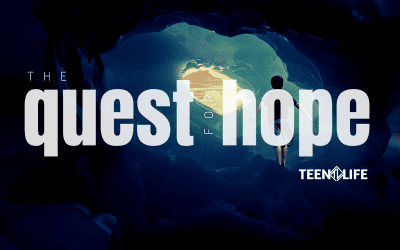No teen deserves to feel alone.
We connect every teenager with trusted adults and resources because no teen deserves to feel alone.
What makes a caring adult a trusted resource? When you complete our easy, online certification, you will leave with the skills and knowledge to connect with teens and help them walk through life’s challenges. You will be fully equipped to lead a Support Group!
OVER
Students helped since 2008
OVER
Trusted adults trained
Looking for resources for your school?
Want to lead support groups?
“One thing I learned from this group is that I always have someone to talk to.”
– Teen Life support group student

I can’t say enough about the benefit with partnering with Teen Life.
The past eight years, I have led or co-led at least one group every year, sometimes two. The curriculum is pertinent and helpful to get kids to talk and engage. Kids need a safe place to be encouraged and to gain skills in coping with school pressures and life stresses.
Heritage MS Counselor
Grapevine/Colleyville ISD
It has been a great blessing to walk beside these kids on their turf.
Equipping them with some tools to help break the generational cycles of self-esteem, relationship, and spiritual poverty, and to assist them in casting a vision on where they want to be and how they might get there.
Jacob
Decatur ISD, Support Groups Facilitator
You’ve got to check this out!
Ep. 1: Boundaries & TikTok
Chris and Karlie talk about setting boundaries with teens and why they are important in any relationship. Karlie also offers insight into TikTok.
Building Resilience Together
With teens in particular, we have an incredible opportunity. At an age where they understand loss, they appreciate more than ever when we take the time to teach them how to overcome it. And it’s teachable!
The Quest for Hope
This week is HOPE Week at my kids’ school put on by their HOPE Squads. For my elementary aged students, it’s a week of dressing up and having some extra fun in the classroom while talking about how to be kind and caring to others. For my middle schooler, the idea is...
Shifting Gears
How do we help teens learn to regulate their emotions, and how do we teach them to be more empathetic? Together, we can reverse the effects of anxiety.
The Fake News Effect
“We accept the reality of the world with which we’re presented. It’s as simple as that.” – The Truman Show Social and political polarization is at an all-time high. Conspiracy theories, strong opinions, and stereotyping are taking over social media channels. I don’t...
Mental Health in a Pandemic
Mental health during a pandemic can’t be overlooked and it’s fitting that September is also National Suicide Prevention Month. Check in on your student. Check on your own mental health. Pay attention. What you do and your willingness to be active in students’ lives, can make a huge difference.




